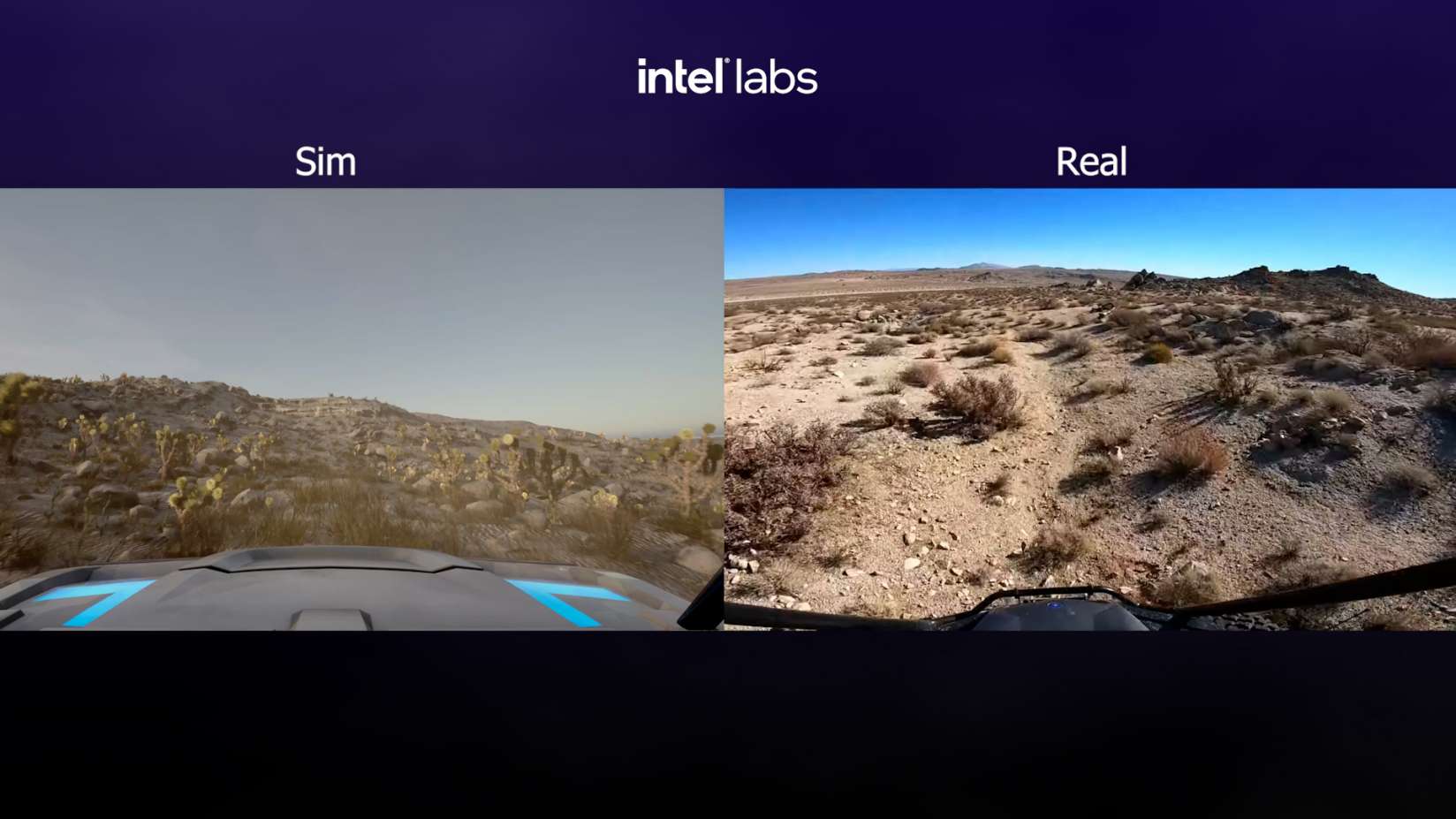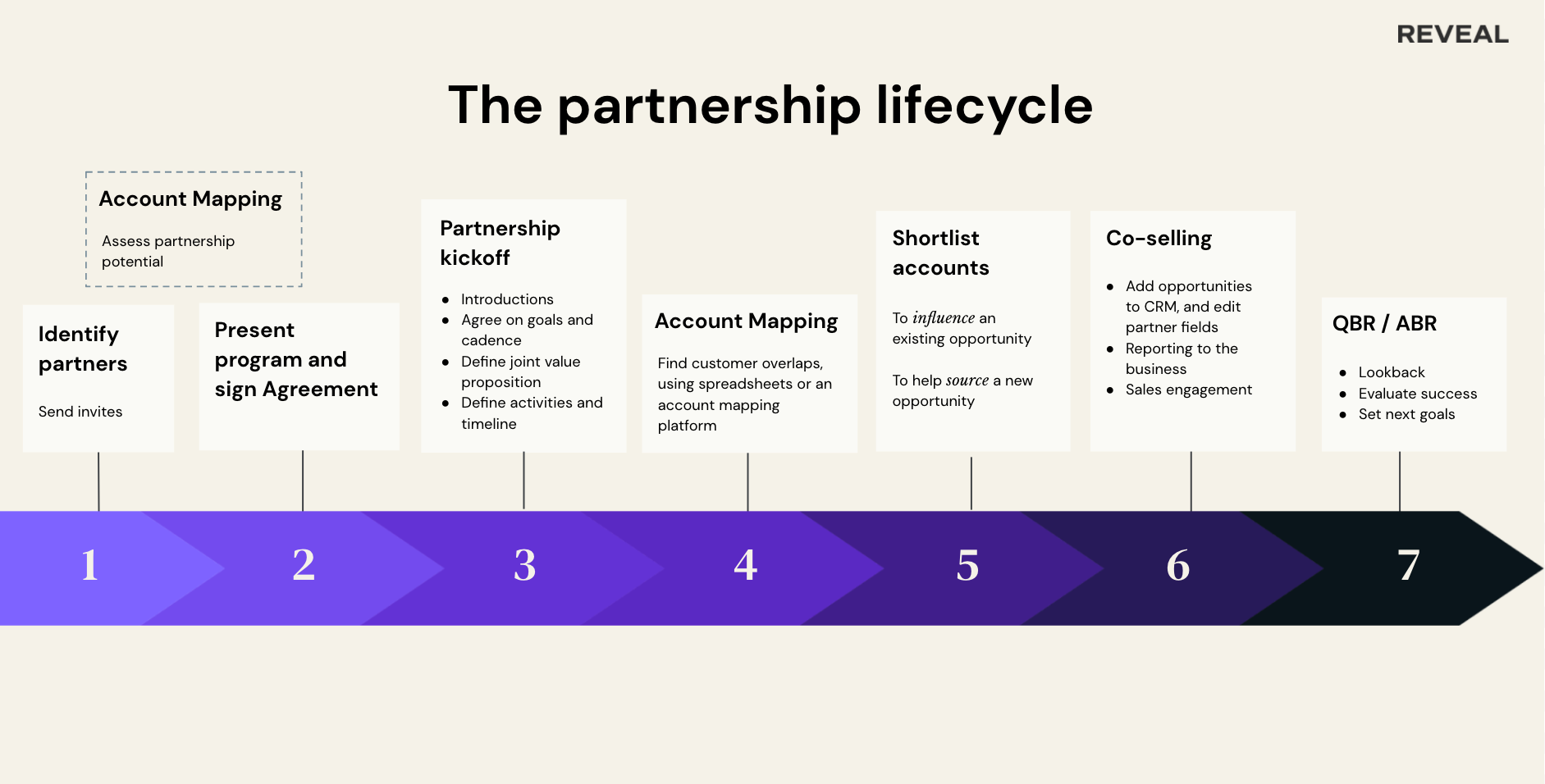UK-based Ravio reckons real-time data is the best way to arm businesses to win the global talent war.
Its new-to-market compensation benchmarking tool lets users see how the compensation (wages and benefits) they offer their own staff compares to the market by pooling data across its employer customers (data is anonymized at the platform level) — idea being to help them offer more competitive packages which help convince talent to sign on the dotted line.
“Customers can explore market data and compare themselves to companies with similar characteristics such as location, industry, funding raised and headcount growth,” it writes of its SaaS platform in a press release accompanying the official launch today.
The software also lets companies “identify compensation inequalities at individual, job type and company levels — and compare to peers in the market”, as it tells it.
“Whether it be gender, background or other criteria, this offers the most detailed diversity insights available to companies who want to make data-driven changes,” is another top-line claim.
The startup, founded out of London, has been operating in stealth mode since starting building work on the platform in January, though it quietly opened up access a couple of weeks ago. (Research work and the idea itself dates back to last year.)
It is now flipping on the light today for its official launch — and also announcing a total of $10 million in seed funding led by Northzone with participation from Cherry Ventures and Spark Capital.
Ravio’s first target is fast growth scale-ups which are of course at the coal-face of the fight for talent. These high profile, high pressure startups are also often on the front line for diversity issues — where Ravio believes its SaaS tool will also provide valuable benchmarking.
“Hiring and retention is the biggest challenge right now for scaleups due to war for talent, fast moving markets, (over)funding, the shift to remote work and ‘the great resignation’,” argues co-CEO and co-founder, Raymond Siems.
“There’s a lot of clamour on closing pay and diversity gaps at startups but not many tangible numbers or practical solutions — it’s mostly high level reports and talk.”
The follow-on goal for Ravio is to deepen its database by getting more scale-ups signed up — and, ultimately, it hopes to be able to expand the approach to other sectors. After all, notes Siems, there are talent shortages across all sorts of sectors — so a tool that supports businesses to make more attractive compensation offers could have broad utility, assuming the benchmarking insights live up to billing.
“We’re starting focused but the need for a solution is universal across industries and company sizes, it’s not confined to the tech industry. We validated this during our research phase, with strong feedback from SMEs all the way up to large enterprises in other industries,” he tells TechCrunch.
“High growth startups are the best place to start because they’re the least served by traditional benchmarking providers, and are feeling the talent crunch the most. Employee equity in private companies is one of the least transparent areas within compensation, so we’re tackling this early on.
“By having a focused approach we can build depth in our dataset, before expanding into other sectors.”
Ravio works by a sharing to participate model which means that organizations that want access to its jobs benchmarking data must agree to share info on their own teams, including salary data.
The basic service is free but the team is building additional modules to layer on top that will be paid — so it’s taking a freemium approach to grease its data pipe.
“We gather data from ‘source of truth’ systems including the HRIS, ATS and cap table management software of our customers,” explains Siems. “We primarily connect via API, so there’s no manual work for our customers in submitting and drawing together data, and this enables real-time updates rather than one-off static submissions — which are inefficient and hard to scale.”
“We currently support 28 HR systems which cover all the major players in Europe including Workday, Personio, BambooHR, HiBob and Namely,” he adds.
Per Siems, Ravio’s automated, scalable data-pipeline approach is made possible because of widespread accessibility of employer data held in HR and other business systems via API — it just needs to convince employers to give it API access.
He does not sound concerned that Ravio won’t get a critical enough mass of sign-ups to be able to generate genuinely valuable compensation insights. “We’re set to expand quickly so the market coverage of our dataset will enable us to provide the most useful and granular insights available in Europe, and the only-real time information,” he responds to a question on how comprehensive a view of the market Ravio has at this stage, before reiterating that the benchmarking and compensation analytics product is free.
“It’s a self-service onboarding that can be done in 15 minutes — so it’s as simple as possible for companies to join,” he adds.
Siems also says Ravio is doing some of its own processing of the data it acquires from user companies so that it can extrapolate “beyond our market penetration”.
This “special sauce” incorporates “macro data to predict wider trends”, per Siems, who points to what he says is the most “sophisticated” compensation work currently being done — “by internal teams at big tech players like Meta” — as the team’s inspiration. He says Ravio has also hired people who have experience working on compensation for Big Tech firms including Amazon and Meta, as well as other multinationals like Coca-Cola.
“They buy data from all of the major consultancies and then do their own data science work to build up a more detailed and comprehensive picture. We want to enable this depth and sophistication for companies of all sizes,” he says, adding: “We’re bringing a data science first approach into an area where there has been very little innovation, with a strong data science team from Cambridge and Oxford.”
Ravio isn’t disclosing the total number of scale-ups which signed up pre-launch but Siems, claims it’s already got a “healthy” list of customers who “heard about what we are building and wanted to join our testing phase”.
“Some of the names we’re working with include unicorns Deliveroo, Truelayer, Flink, Zego and other high-growth European startups including Healx, Zoomo and Plum Guide,” he says.
The paid version of the SaaS will be charged based on the number of employees the user has, according to Siems.
“We’re charging for advanced features and two additional modules that we’re releasing in the coming months: Manage and Communicate,” he notes, describing two of the premium products it has in the works. “Our Communicate module includes interactive offer letters for candidates, and a compensation portal for employees, to make it easier for them to understand every part of their package and their employer. This includes education on commonly misunderstood topics like equity and tax.
“Our Manage module provides a suite of tools to allow companies to manage compensation processes effortlessly. This includes organisation level budgeting and banding features, compensation review cycle management workflows, and growth scenario planning.”
On diversity, how ‘full spectrum’ Ravio’s proposition can be is less clear — given Siems says the data available to it “varies by company”.
“We’re seeing the most commonly available data relates to gender, age, country of citizenship, marital status and ethnicity — but increasingly HR systems are supporting wider data fields such as disability status, so we’ll be expanding our analytics as the data allows,” he says on that.
While employers having better data on competitive rates of pay and broader compensation packages might be good for businesses to win talent, there is a question of whether this necessarily benefits employees — who aren’t being directly empowered to, for example, call out wage gaps inside their own organization, say if certain groups are being paid below market rates, since the tool looks intended for use by the HR department, rather than for general access.
Asked about the risk of one-way real-time information disproportionately empowering employers, Ravio says: “We will be releasing market reports that are freely available — covering both compensation and diversity — that will empower both candidates and other employers.”
“We believe that many of the current inequities in the market are not a result of bad intentions but rather the result of a lack of data,” he adds. “By becoming an objective source of information for employers in a notoriously opaque and difficult to understand space, Ravio’s product will ultimately benefit employees by empowering companies to make unbiased decisions.”
Flush with seed funding and post-official-launch, the team’s focus for the rest of this year is on growth in Europe — where Siems says they spy “huge opportunity”.
“However the talent war is global so we will be quickly expanding our reach to new shores next year,” he adds, noting the startup has grabbed backing from a number of international investors. He also flags the experience of his co-founders, Roy Blanga and Merten Wulfert, in helping to rapidly scale Deliveroo, Groupon and HotelTonight internationally — claiming: “We’re well positioned to execute on our vision.”
On the competitive front, Ravio’s view is “there’s very little on the fairness and team analytics side” — with most of the action focused on compensation benchmarking. So it will presumably be weighting its offering there.
“In some ways we are building a new age version of ‘salary surveys’ and compensation benchmarking services offered by Radford, Towers Watson and Mercer (the big 3 players) which have been around for decades,” Siems suggests, adding: “There is no one offering real-time data in Europe to our knowledge. Some new players are serving tech companies but only with static, manually collected data. In the US there are some new players and older static offerings like Option Impact.
“It’s also possible that HRIS players (e.g. Personio) will look to build their own version but with the market for HR tech being so fragmented — it will be tricky to get worthwhile breadth of data long term. The market is better structured for there to be a HRIS/ATS/Cap table agnostic player like us.”
Glassdoor does already pool user-contributed salary data — so can offer a snapshot of pay rates — but Siems believes Ravio is not directly competing since Glassdoor’s data is unverified, “patchy”, collected via one-off submissions and lacks enough breadth or depth to be useful to companies making compensation decisions.
“Companies need comprehensive data,” he argues. “It also doesn’t have access to information to enable team or fairness analytics.”
Commenting on Ravio’s seed in a statement, Michiel Kotting, partner at Northzone, said: “We see a huge market shift happening which is going to leave behind companies who don’t modernise their approach around compensation. Winning companies will be transparent with compensation in the context of rising prices (inflation, cost of living, logistic costs) and a tighter talent market, especially in tech. Roy, Merten and Raymond are going after a problem that all companies big or small have, and are poised to build a leading company in the category. They have the experience and leadership to tackle all things compensation from salaries to equity and benefits, all big pain points for fast-growing companies.”
from TechCrunch https://ift.tt/tlCO9gD



























